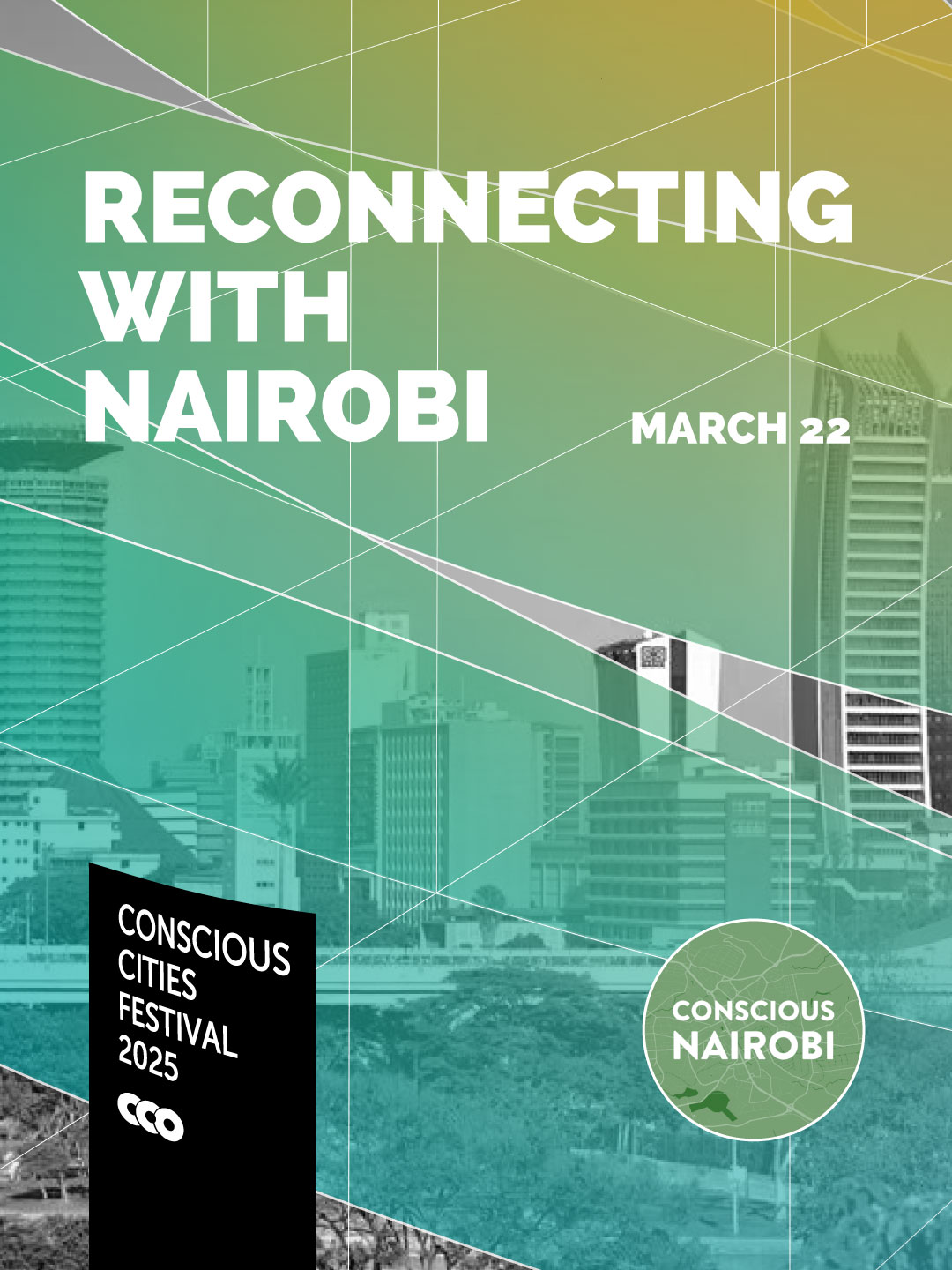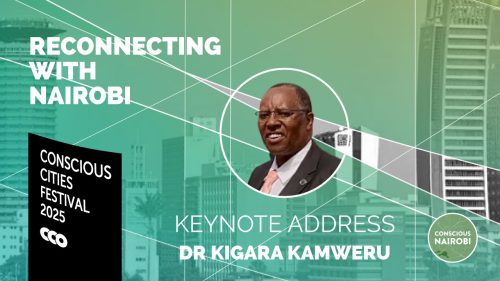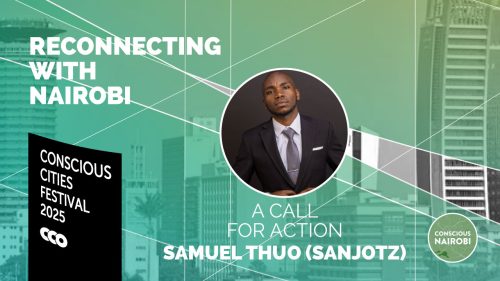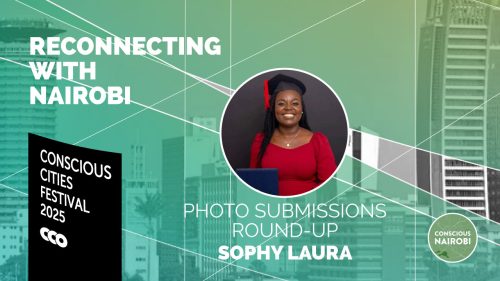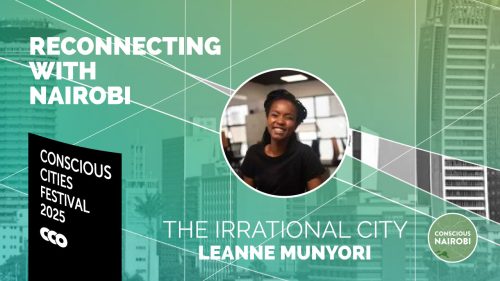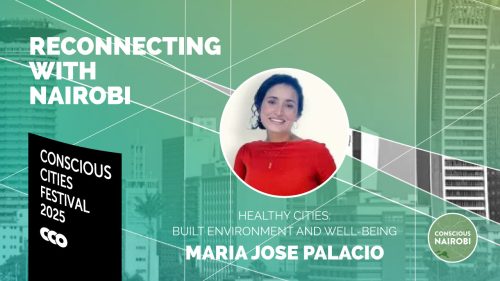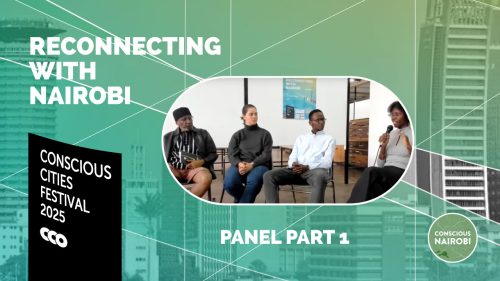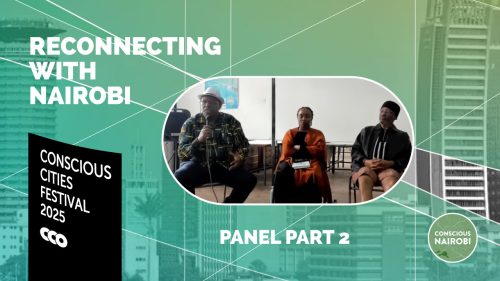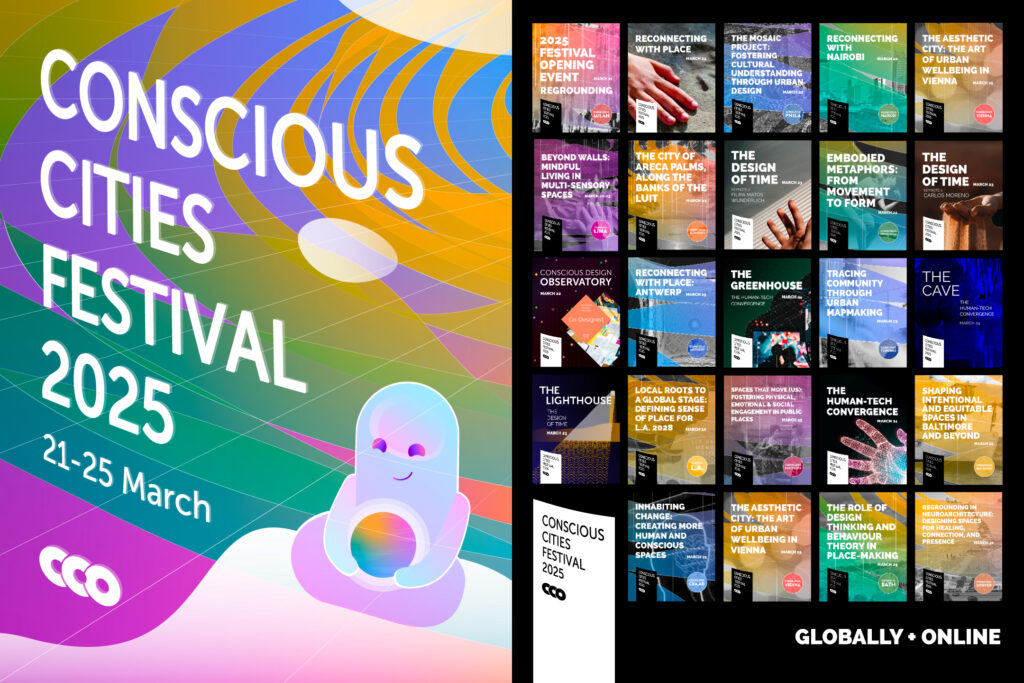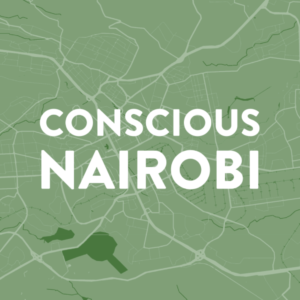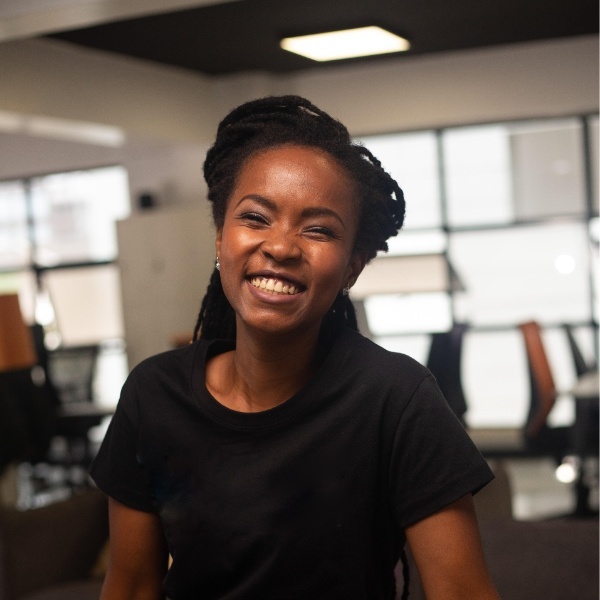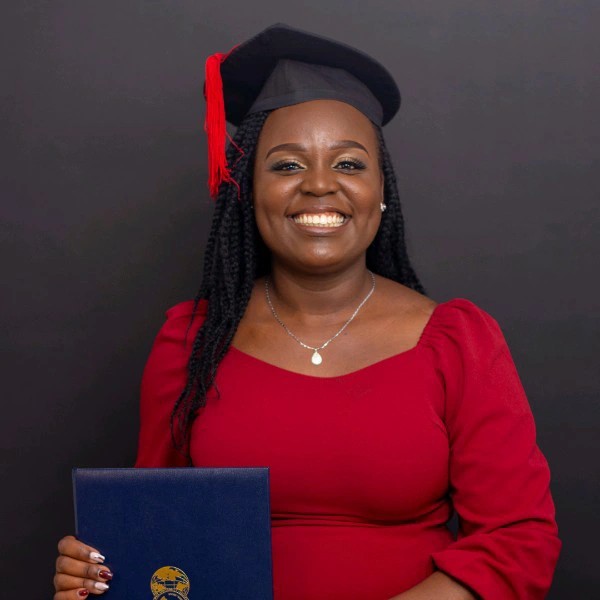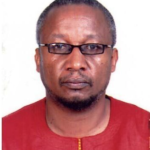Nairobi has recently been undergoing various infrastructure changes which has led to decline in it’s sense of place that many Nairobians identified with. From the Expressway which snakes it’s way through the city to the rejuvenation of Uhuru and central Parks which are yet to reopen fully. All this has exacerbated the lack of healthy connections to Nairobi. Research shows that Disconnected, poorly designed environments can lead to a sense of isolation, diminished community spirit, and a decline in overall quality of life.
Place attachment goes beyond mere physical spaces—it encompasses the emotional and psychological bonds that people form with their environments. These connections shape our identities, influence our well-being, and enhance our sense of belonging. Which places and buildings in Nairobi are you attached to?
Join us as we discuss How do we can recreate meaningful spaces that promote social cohesion and inspire civic pride in Nairobi? How can the science of place attachment inform successful place-making strategies that inspire pro-environmental and pro-social behaviour?
The event is structured in three parts:
- Guest Speaker Presentations – Three leading experts will share their groundbreaking work and insights on the future of healing cities.
- Panel Discussion – Exploring the role of materials and art in storytelling and place-making. Reflecting on how to design spaces that inspire belonging, connection, and a sense of responsibility. This panel will bring together distinguished guests from the fields of art, architecture, urban design and engineering.
- Workshop – Future of Urban Design—Wellness and Inclusive Design
This event will serve as a platform for meaningful conversations but also lay the groundwork for a reimagined, more connected, and inspired Nairobi. We’ll discuss the following key topics;
A. Place attachment: What makes Nairobi feel like home? – Nairobi’s heritage and its influence on culture and design. Unpacking the emotional and behavioural impacts of the built environment.
B. Urban Narratives: Materials, Art, Place, and Time – Exploring the role of materials and art in storytelling and place-making. Reflecting on how to design spaces that inspire belonging, connection, and a sense of responsibility.
C. Future of Urban Design: Wellness and Inclusive Design – Designing spaces to achieve holistic wellness/well-being—(creating emotional bonds to our surroundings that shape identity/sensorial design). Inclusive approaches to urban design in Nairobi. (co-design principles and neurodivergent design)
Be part of the conversation. Discover how we can Reconnect with Nairobi.
When and Where :
Date : March 22nd, 2025
Time : 10.00 AM
Venue : ADD, University of Nairobi
Register and stay tuned for further details !
Registration is compulsory as it helps us to set up logistics for the event.
Please note that registrations are limited and will close when it reaches first 50 participants.

